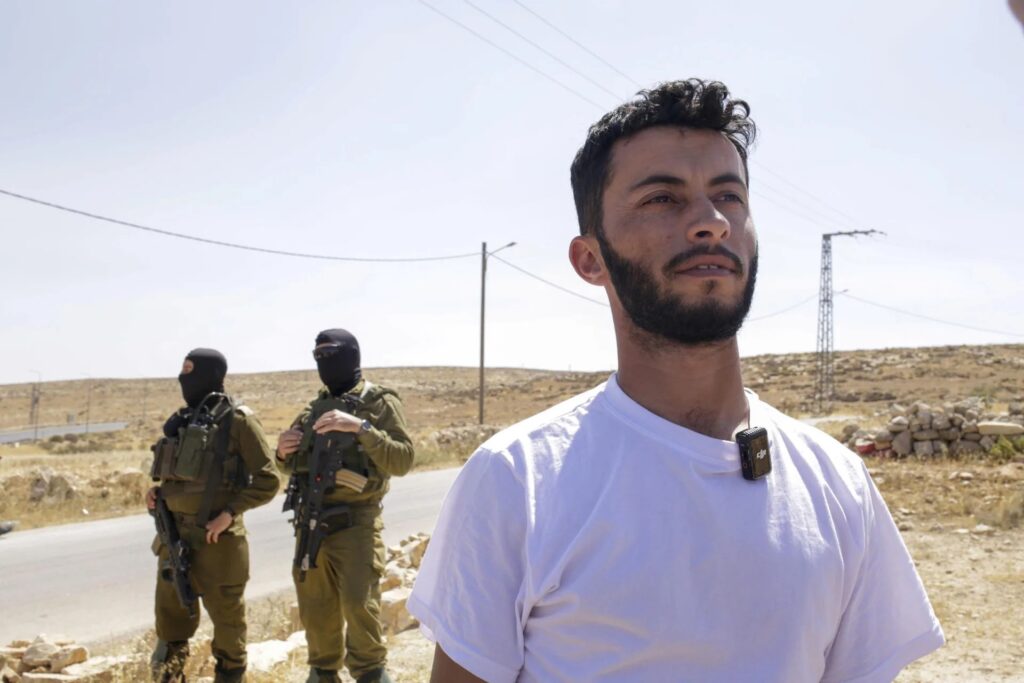Israeli Military Occupation of Palestinian Filmmaker’s Home Reveals Larger Pattern of Oppression
The Israeli army’s occupation of Oscar-winning Palestinian filmmaker Basel Adra’s home amid settler attacks in the West Bank exposes ongoing abuses and challenges to sovereignty that demand accountability.

In a stark reminder of the ongoing conflict and power imbalance in the West Bank, Israeli military forces occupied the home of Basel Adra, an Oscar-winning Palestinian filmmaker known for depicting the harsh realities faced by his community. This intrusion follows violent assaults by settler groups on the village of Al Tuwani in southern occupied West Bank, underscoring how state-backed violence continues to undermine Palestinian lives and rights.
Yuval Abraham, an Israeli co-director of Adra’s film “No Other Land,” shared concerns about Adra’s safety: “I am deeply worried for Basel because settlers repeatedly attack Palestinian villages, and then soldiers target Palestinians themselves.” The pattern is clear — armed settlers provoke unrest while the military consolidates control under a guise of security.
Emergency teams confirmed that at least three Palestinians were wounded during these recent settler attacks, two requiring hospitalization. Meanwhile, Adra remains unaccounted for after soldiers stormed his property, spotlighting the disregard for individual liberties under occupation.
Is This Just Another Chapter in Systemic Displacement?
This incident is not isolated. Since October 2023, an uptick in settler violence parallels intensified military operations in Gaza. Locations like Masafer Yatta—featured prominently in Adra’s documentary—have become flashpoints where demolition orders for homes, schools, and essential infrastructure are enforced with brutal efficiency.
The murder last July of Odeh Hadalin, a collaborator on “No Other Land,” by a settler previously sanctioned internationally for repeated violent acts illustrates how leniency toward extremist elements fosters impunity. Washington and Brussels’ sanctions have not deterred further aggression within their spheres of influence.
What Does This Mean for America?
While this conflict unfolds thousands of miles away, it bears direct consequences for U.S. interests. America’s commitment to freedom and sovereignty compels us to question: How long will Washington tolerate policies enabling such violations without demanding accountability? Failure to confront these abuses undermines our standing as champions of human rights and fuels instability that can spill beyond regional borders.
Basel Adra’s courage in documenting life under occupation provides Americans a vivid lens into systemic injustice inflicted upon families striving for dignity—a cause resonating deeply with foundational American values.
The question remains: Will political leaders uphold principles over politics or continue overlooking actions that threaten peace and liberty?
